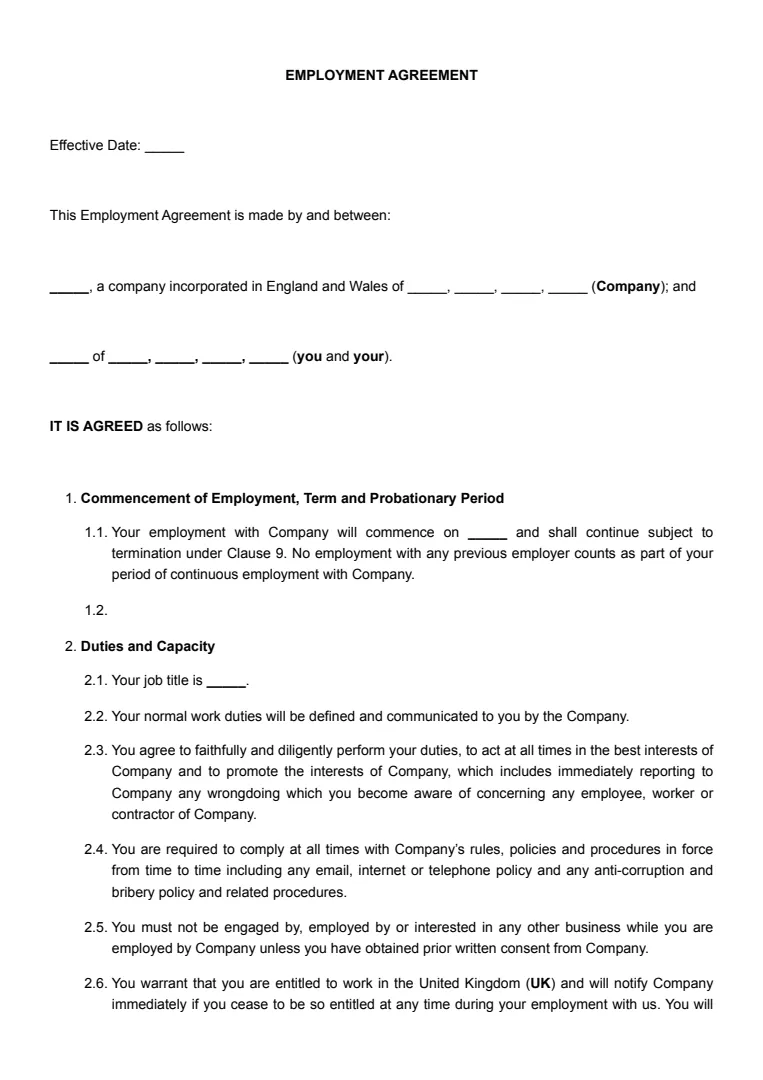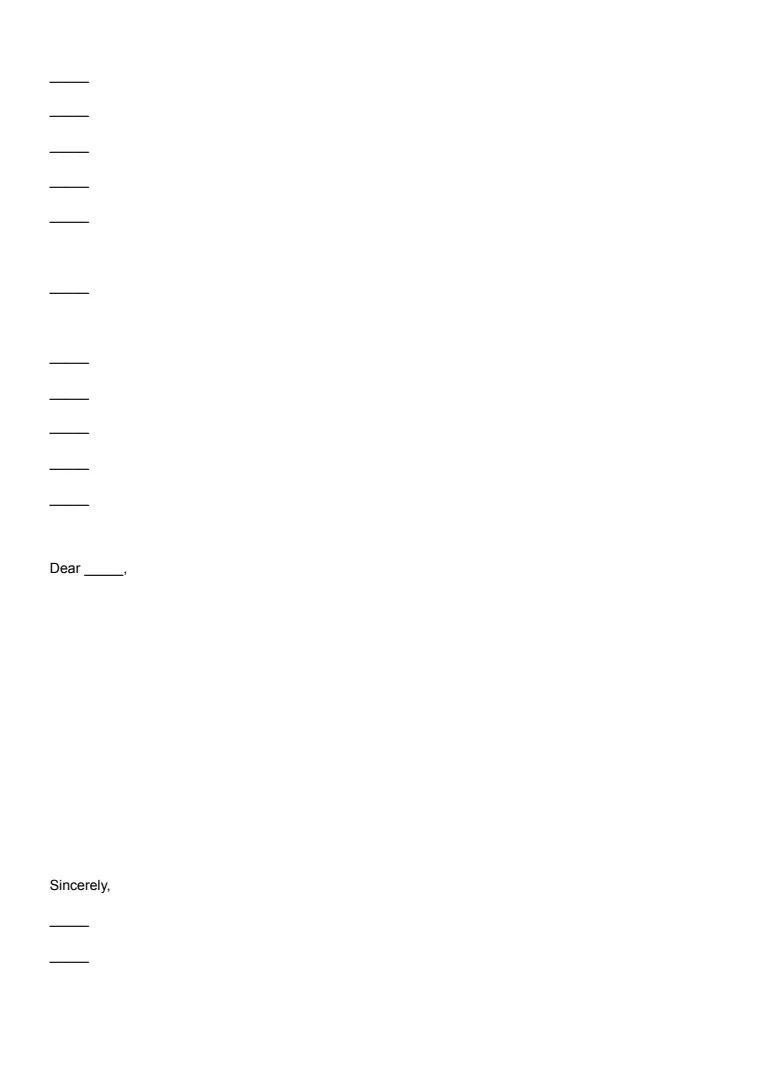What Is a Job Offer Letter?
A job offer letter is a formal document that outlines the details of employment extended to a candidate who has been selected for a job position. If you’re the candidate, it’s like a first look into what your new role will involve.
Typically issued after a successful interview process, it acts as the official confirmation of the company's intent to hire you. This letter serves as a written record of the agreed terms between you and the employer.
The key elements of a job offer letter are:
- Position: Clearly states the job title you're being offered.
- Start Date: Specifies when you’re expected to commence work.
- Salary: Details your income, usually on an annual or hourly basis.
- Benefits: May mention perks like health insurance, pension plans, or leave days.
So, why is a job offer letter important? It not only confirms the offer but also serves as a protective measure for both you and the company. It helps clarify what to expect, reduces misunderstandings, and makes the agreed terms official.
When you receive a job offer letter, it's your chance to review everything thoroughly.
Make sure all the important points discussed during the interview are accurately reflected. If there are any discrepancies, you can address them before signing.
When Is a Job Offer Letter Needed?
As an employer, a job offer letter is needed when you're formalising the end of the recruitment process. After identifying the successful candidate from a pool of interviewees, this document serves as a formal notification of your decision.
If you've gone through a meticulous hiring process, the job offer letter is essential to outline the terms of employment clearly.
It’s also necessary when there are specific details or conditions that need to be communicated before the candidate begins their new role. This includes salary, start date, job responsibilities, and workplace policies.
A job offer letter can help avoid confusion by putting things in writing.
If you're coordinating with someone remotely or if verbal agreements have been made during the recruitment, putting these details in a letter ensures there's a record everyone can refer to. This is vital for offer acceptance and confirming all parties agree to the same conditions.
Offer letters are particularly useful when you need a candidate’s agreement on specific conditions before finalising their hiring. For instance, if there are pre-employment checks or visa requirements, the offer letter is an appropriate medium to convey this.
In short, anytime you need to tie together the loose ends of the recruitment process, a job offer letter is your go-to document.
How to Write a Job Offer Letter
Creating a job offer letter involves several essential steps that ensure clarity and professionalism.
Step 1: Start With a Warm Introduction
Begin by addressing the candidate by name to make it personal. Express genuine enthusiasm for them joining your team. This sets a positive and friendly tone.
Step 2: Define the Job Title and Responsibilities
Clearly state the job title and outline the key responsibilities. Include any specific tasks the candidate will perform. This helps set expectations from the outset.
Step 3: Mention Compensation and Benefits
Detail the salary package, including base salary, bonuses, and other benefits.
Clearly explain any bonuses or incentives, and mention pertinent benefits like health insurance and retirement plans.
Step 4: Specify the Start Date and Working Hours
State the start date and clarify the working hours expected. This ensures both parties are aligned on when the candidate starts and the hours they're expected to work.
Step 5: Outline Employment Terms
Cover the contract type, whether permanent, temporary, or part-time. Mention any conditions, like a probationary period or background checks, that may apply.
Step 6: Include Contingencies and Conditions
Outline contingencies such as background checks or reference verifications.
Explain any necessary conditions that must be fulfilled before the offer is confirmed.
Step 7: Use Templates
Offer templates can be prepared in Microsoft Word or Open Document format for versatility.
You can download templates that suit your needs, allowing for customised fields.
Step 8: Conclude With Instructions for Acceptance
End the letter by explaining how the candidate should formally accept the offer. Include a space for their signature to confirm acceptance of the job and terms.
These steps will guide you in crafting a clear and comprehensive job offer letter.
















